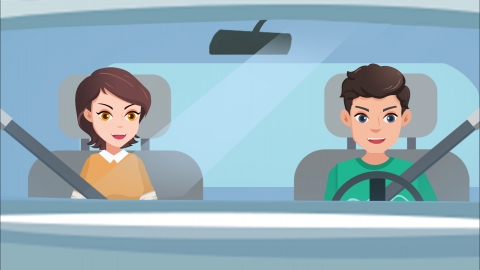Can I drive after taking cough medicine?
Generally speaking, you can drive after taking cough medicine if there are no adverse reactions. However, if you experience adverse effects such as drowsiness or dizziness after taking the medication, you typically should not drive.

Some cough medicines mainly contain symptomatic treatments for cough suppression and phlegm relief. When used appropriately, these medications generally do not significantly affect driving ability. If, after reading the drug's instructions, you confirm that the medication does not cause side effects such as drowsiness or dizziness, and you personally do not feel any discomfort after taking it, then theoretically you can drive.
It should be noted that if the cough medicine contains sedatives, hypnotics, or antiallergic ingredients, these drugs may cause adverse reactions in drivers, such as drowsiness, dizziness, or slowed reaction times. In such cases, driving is not suitable because these side effects can severely impair the driver's reaction speed and judgment, thereby increasing the risk of traffic accidents.
Patients should use medications under the guidance of a physician and closely monitor their physical condition after taking the medication. When unsure about how the medication may affect driving ability, it is recommended to avoid driving to ensure the safety of both yourself and others.




